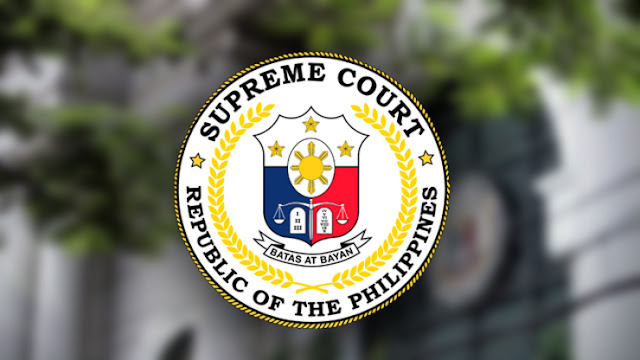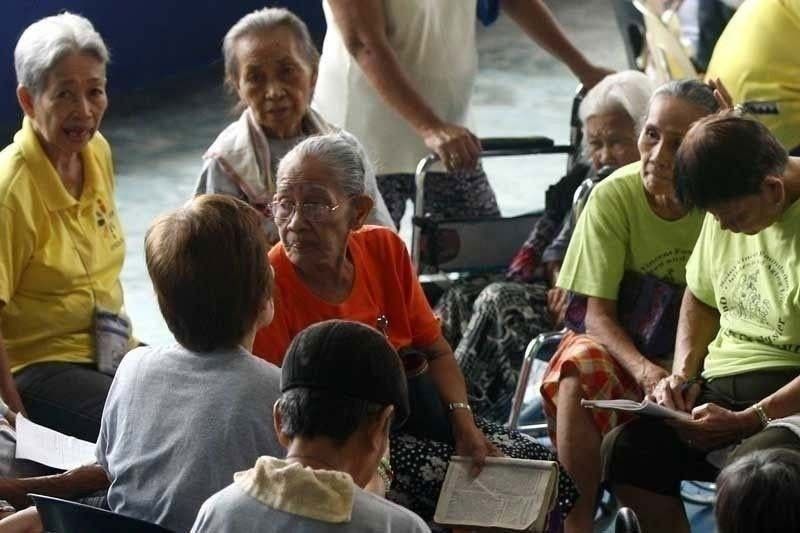
MANILA — The Supreme Court (SC) has upheld the dismissal of a civil case against the family of the late strongman Ferdinand Marcos Sr. involving P1.052 billion in alleged ill-gotten wealth, citing insufficient evidence presented by the Presidential Commission on Good Government (PCGG).
In a 25-page decision made public yesterday, the SC First Division denied for lack of merit the motion for review on certiorari filed by the PCGG against the Sandiganbayan, which dismissed on Sept.25, 2018 the civil forfeiture case against the Marcos family and their cronies.
The SC affirmed the ruling, saying the Sandiganbayan “was correct in dismissing the expanded complaint” that sought to seize the personal assets of Marcos and his wife Imelda, including expensive artworks, clothes, shoes and jewelry as well as real estate properties worth “billions of pesos” in New York.
Associate Justice Ricardo Rosario, who penned the decision, said that while it was “disappointing” that nothing came out of the case despite 36 years of litigation, the SC said no overwhelming evidence provided by the PCGG could support the allegations.
The PCGG filed the forfeiture case in 1987 to recover assets and properties from the Marcos family and their alleged cronies, composed of P609.27 million in shares of stocks and P443.05 million in real properties.
Named co-defendants were the late Rustan Group of Companies founder Bienvenido Tantoco Sr., his son Bienvenido Tantoco Jr. and the estate of Gliceria Tantoco and Dominador Santiago, who were accused of standing as “dummies” for the Marcos couple to unlawfully acquire works of art, clothes, jewelry as well real estate properties in New York.
The lawsuit stemmed from the alleged use of Tourist Duty Free Shops (TDFI) Inc., then owned by Santiago, to secure favorable deals from the government such as exemption from taxes and franchise to operate at international airports, for the benefit of the Marcos spouses and their cronies.
The SC also noted that while the PCGG provided numerous pieces of evidence, it had lost a chunk of them because it defied discovery proceedings under the Rules of Court and violated the best evidence rule when it failed to properly authenticate the photocopies of the documents it provided the courts and for not disclosing numerous pieces of evidence during the discovery process.
What remained of the plaintiff’s evidence were 11 exhibits – three 1983 letters concerning the auditing of TDFI’s books, Deed of Assignment between Philippine Eagle Mines and the Philippine Export and Foreign Loan Guarantee Corp. and five promissory notes by Tantoco Jr.
Also included were testimonies of former National Bureau of Investigation assistant chief Rogelio Azores, former special counsel for PCGG Orland Salvador, former executive vice president of Security Bank Evelyn Singson and former PCGG director for research Danilo Daniel.
“In order to consider petitioner’s evidence as sufficient to prove the allegations of its expanded complaint, the court has to perform many leaps of logic, engage in presumptions and create inferences based on other inferences in order to bridge the gaps in the evidence adduced,” the SC wrote.
“Accordingly, the Sandiganbayan was correct in dismissing the Expanded Complaint for Reconveyance, Accounting, Restitution and Damages against all the respondents,” it added. (philstar)







